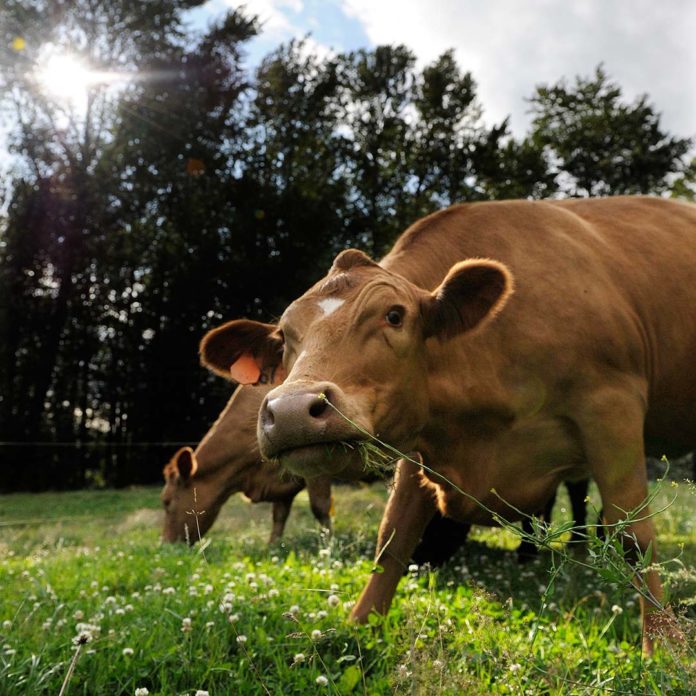The Langley Sustainable Agricultural Foundation (LSAF) is a volunteer-run organization that has recently created new scholarships and grants to help university students and farmers get the support they need with research, on-farm projects and university courses that are directly connected to sustainable farming and agriculture.
When asked why LSAF decided to provide more funding through scholarships and grants, Marcel Sasche, president of LSAF, said that “maybe something like this is all somebody needs to push forward with a project … Also, we wanted to rev up that engine of on-field research of new ways of farming that are a bit more adapted to the climate that we see here.”
For university students specifically, Sasche said that “we understand there are some university departments that are fully focused on [sustainable agriculture]. But there are also students that have an interest in it even though they might be a slightly different course. And so, we are trying to harvest all that potential that is out there.”
To qualify for the grants and scholarships, applicants do need to have a connection to the city of Langley itself in some way. Sasche explains that “the important part is that since we are a Langley-based organization, the on-field, on-site research has to be done on a farm in Langley, or any farm projects have to be done in Langley. Also, a student has to have some relation to Langley.”
The grants and scholarships students apply for with LSAF need to be focused on environmental sustainability. Sasche explains why the scope is so broad:
“We could say, we want only A, B, C and D, that kind of thing, but there might be a whole lot of other things that we would be ignoring that might be even more important to some farmers. So, we didn’t want to limit the topics or aspects of it.”
Sasche further explained that “the motivation to really connect farmers with research that has been done [and] connect farmers with non-profit organizations like LSAF to strengthen that network of farmers… We know that there’s a lot of research done at university and this is one way of engaging with universities.”
The types of research and projects that are applicable for these grants and scholarships should be manageable and completed in a short period of time and can be emulated by other farmers. Some examples of topics LSAF suggests are: waste management, reduction of soil, water conservation, water and air pollution, and successful cohabitation with native plants and wildlife, to name a few.
Applications will be reviewed by different members of LSAF and considered based on how well they can help to improve and benefit the agricultural community. Chosen projects and research topics will also be required to create a report of their findings to share with the farming community. According to Sasche, a funded project needs “to be relevant to other farms, it has to be important for farming in general…. so the applications that we do support should really show how they can benefit other farmers with what they are doing.”
According to LSAF, the funding that is available to university students, farmers and other applicants include “up to $2,000 for an on-farm project, up to $1,000 for a scholarship award, and up to $5,000 for a formal research project undertaken in conjunction with a post-secondary institution research department/partner.”
Applicants are encouraged to hand in their applications by Feb. 21, 2022. More information on LSAF can be found at https://langleysaf.ca/grants.
Image: Langley Sustainable Agricultural Foundation
Rachel is working towards a BA with a concentration in English and Theatre. She has been employed at The Cascade since Fall 2021 as a Staff Writer and a Jr. News Editor. Currently, she is the sectional News Editor and enjoys meeting and interviewing people as well as taking long walks in nature. Rachel also likes to stay up to date on the latest trends and informs students through her fashion column entitled Campus Fashion.



